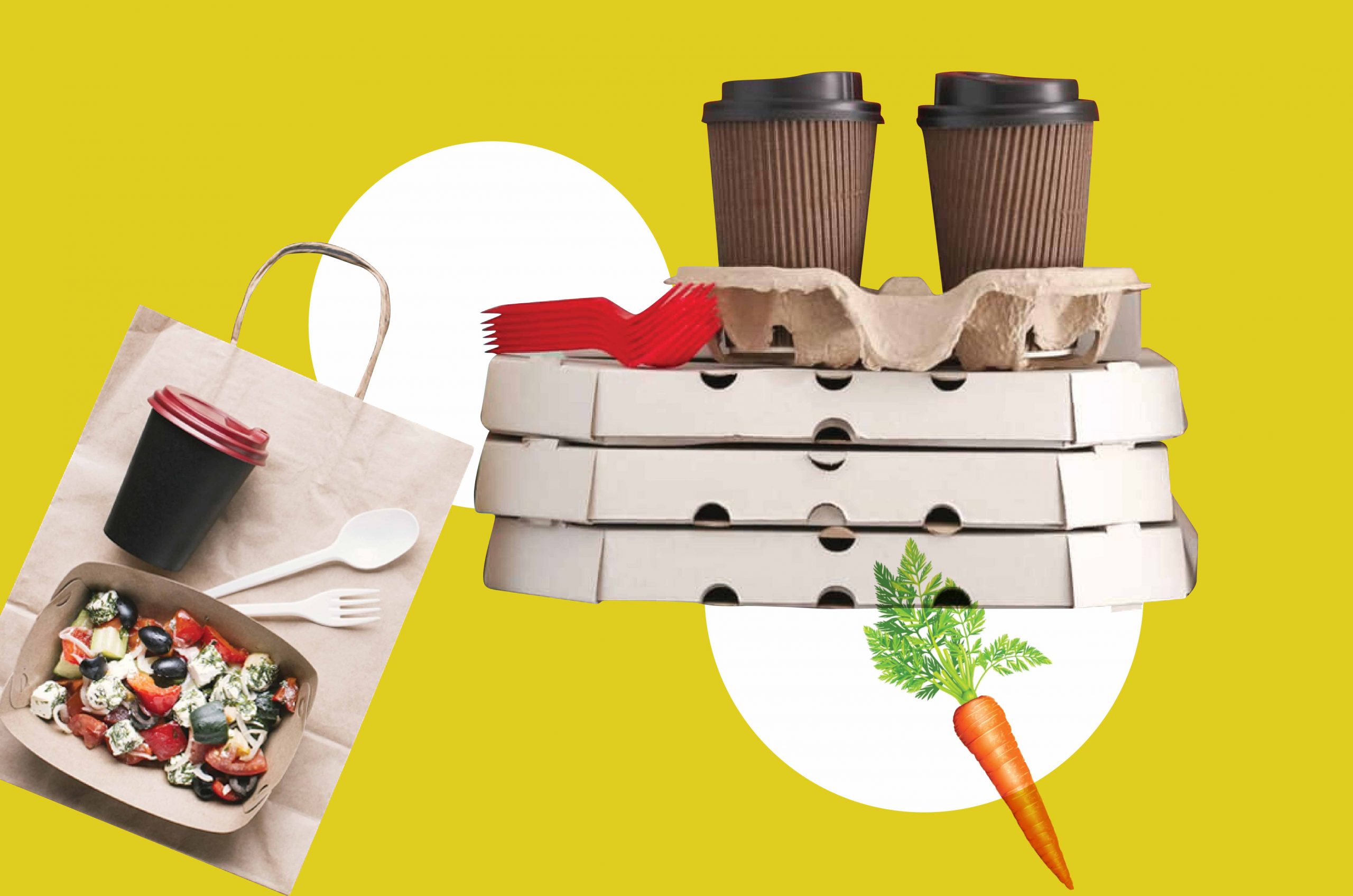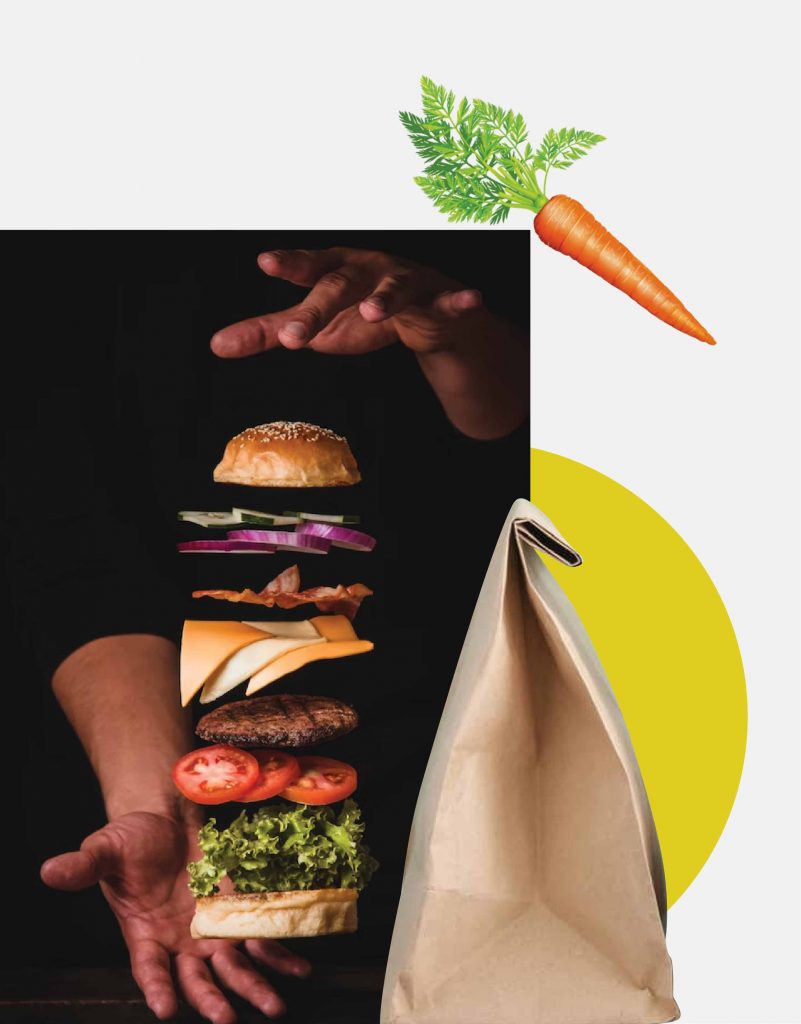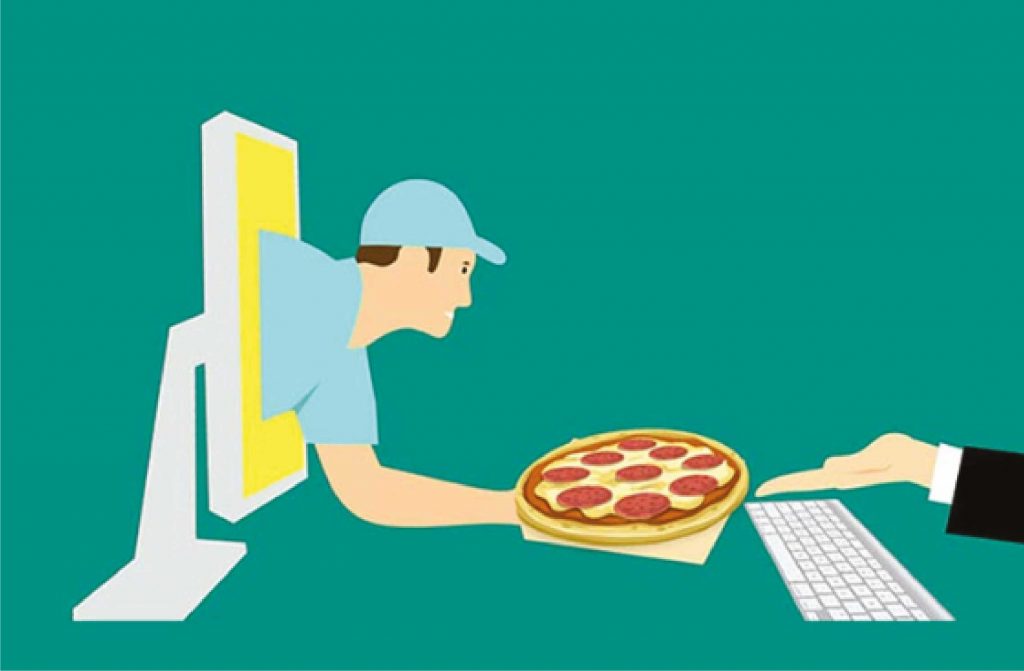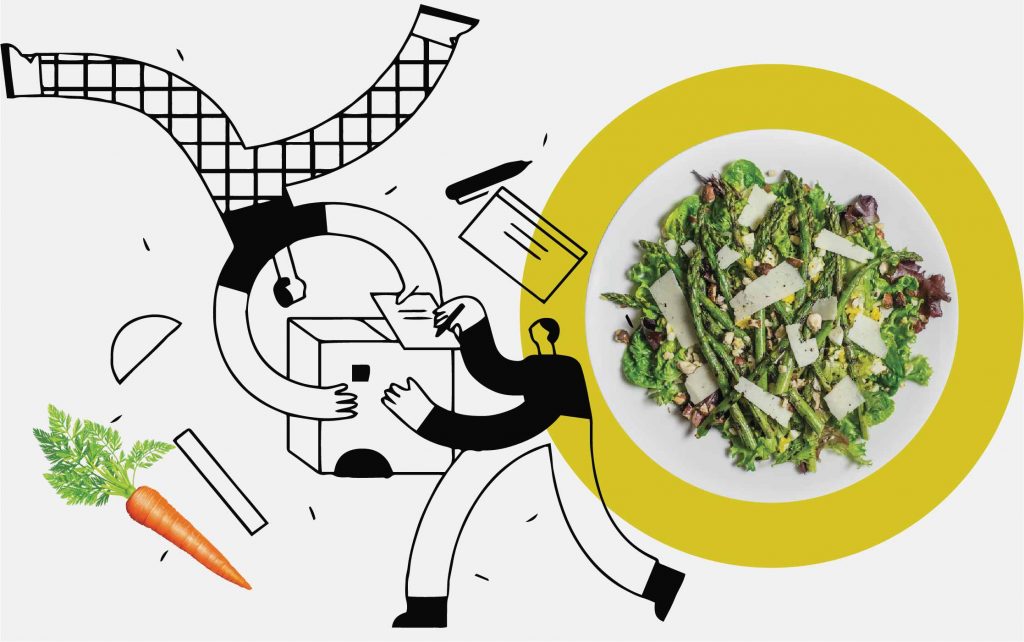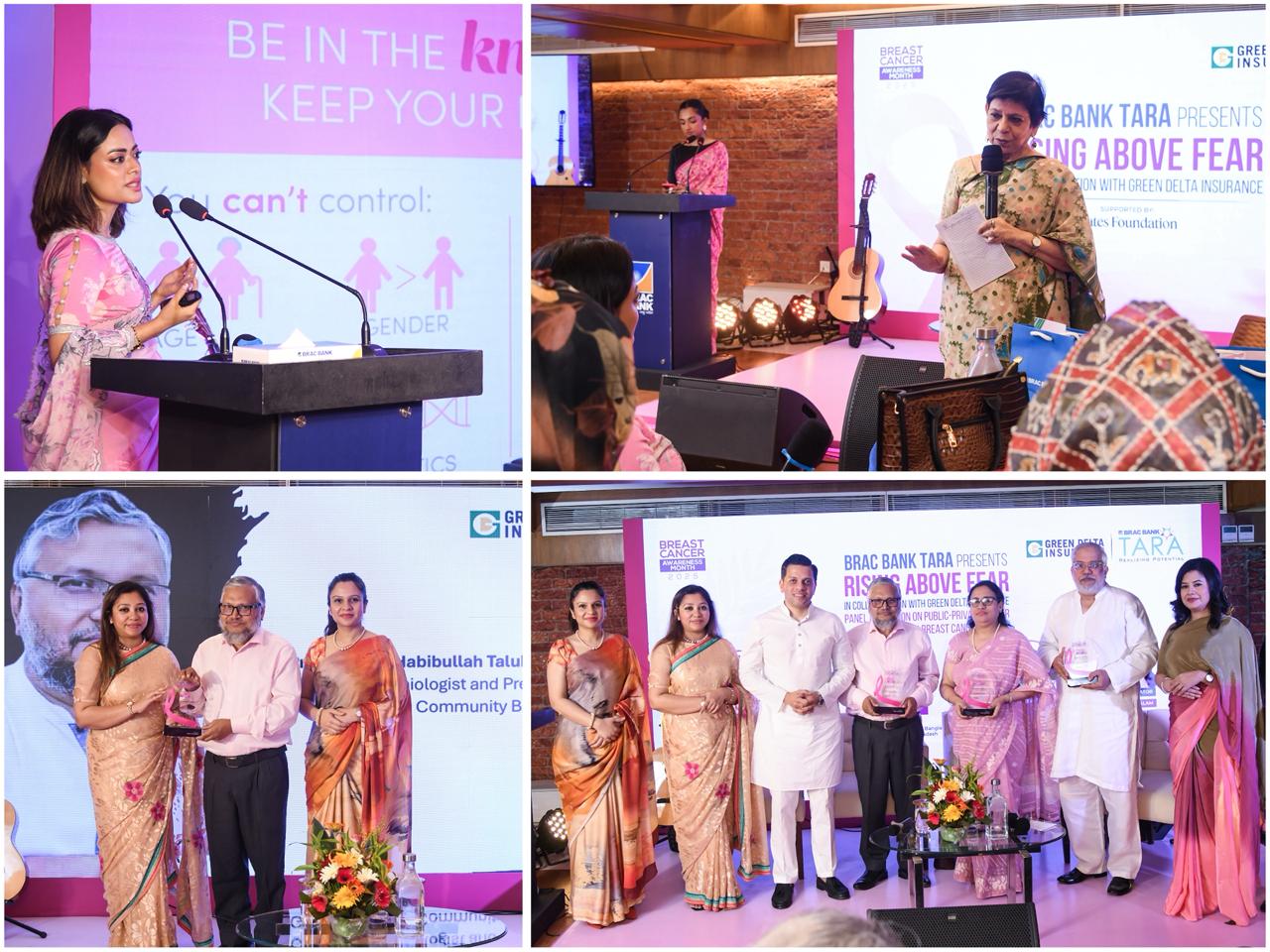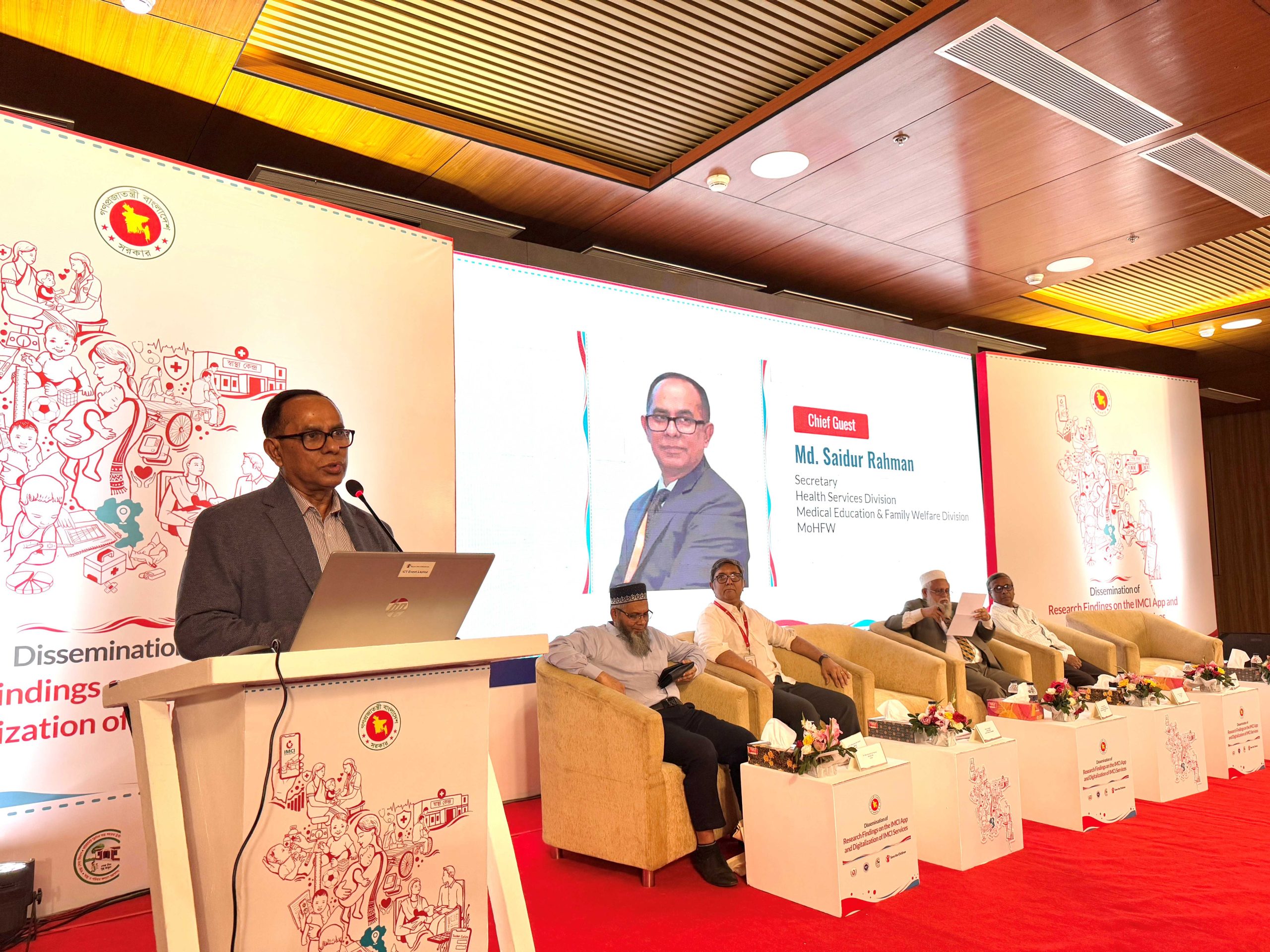Global startups tackling the food security problem
The world’s population is predicted to reach 8.5 billion by 2030. The United Nations (UN) aspires to have achieved food security, increased nutrition, and the eradication of world hunger by that time, all while ensuring sustainable agricultural methods. It’s an ambitious goal that is made more difficult by the fact that the world food systems have been disrupted for two years by the COVID-19 outbreak and now by Russia’s invasion of Ukraine. There are increasing calls for action worldwide to ensure the future of food, and there are good reasons for this. Climate-related disasters have wreaked havoc on vital crops and agricultural lands, such as the disastrous floods in Pakistan and the extreme drought in the Horn of Africa.
Conflict and COVID-19 continue to exacerbate strains in food supply chains. Over 923 million people, or 11.7% of the world’s population, were predicted by the UN to experience acute food insecurity in 2021. The effects are mind-blowing. Making an appropriate response decision can be equally difficult. According to the FAO and Forum’s white paper Transforming Food Systems: Pathways for Country-led Innovation, the pandemic increased global hunger in 2020, with as many as 811 million people going hungry worldwide. Over 1.5 billion people cannot afford a meal with even the bare minimum of vital elements, and more than 3 billion cannot afford a healthy diet. In terms of food insecurity, there is also a gender gap; women are 10% more likely than males to be moderately or severely food insecure. Additionally, even though there is a food shortage, the food industry is responsible for up to one-third of the greenhouse gases that contribute to global warming. They are a major cause of soil erosion and desertification, water scarcity, and the reduction of biodiversity globally, contributing to 80% of the deforestation of tropical forests.
These difficulties go beyond national boundaries and have an impact on everyone—individuals, groups, and nations. Therefore, any reaction must have collaboration at its core. Because of this, it is more important than ever for all parties involved—from governments and investors to the research community and the business sector—to work together to create novel ways to address the world’s challenges. So, what can be the probable solution?
Experts think that technology is one key area on which we should concentrate our joint efforts, especially when it comes to enhancing food security. We have seen the emergence of amazing developments in recent years that are revolutionizing the way we produce food.
In some of the driest places on earth where it is challenging to access water, fresh vegetables may now be grown thanks to advancements in hydroponics and vertical farming. Robotic and AI technologies can be used to identify inefficiencies and boost agricultural productivity. Modern plant biology research can improve crop resilience. These kinds of breakthroughs are what will radically alter the global agriculture systems. Research in advanced materials, autonomous robots, quantum computing, renewable energy, and other topics that are both proprietary and collaborative may result in novel solutions that push the limits of what is now feasible. Let’s take a look at some of the modern-day startups that are working to solve global food security problems.
Smartwyre
Globally, agricultural value chains are infamous for being disjointed and opaque. US-based Smartwyre aims to increase efficiency by assisting producers, distributors, and retailers of agricultural inputs to connect with customers and increase profit margins while safeguarding sensitive price information.
The business asserts that its cloud-based software may assist businesses in increasing profitability by 5% and decreasing price errors by as much as 75%. The majority of Smartwyre’s operations, according to CEO John Brubaker, are currently in the US, with early projects also underway in the UK, France, and Brazil.
SoluBlue
Worldwide, 40% of food production is lost or squandered. Around 50% of single-use plastics and 90% of all plastic that isn’t recycled end up in landfills and incinerators or seep into water and soil systems. SoluBlue, a UK-based company, is addressing these issues by using a sustainable plastic substitute to increase the shelf life of goods.
According to SoluBlue CEO Ayca Dundar, the packaging for the company is made of a seaweed-based polymer that “is bio-digestible, making it safe for marine life, and home composting, biodegrading as swiftly as the food it contains.”
According to SoluBlue, its packaging technology is very scalable and marketable. It is currently putting that to the test through a pilot production study that will enable the business to test its materials with clients in the food industry.
Provectus Algae
Australia-based Provectus Algae is concentrating on algae in the midst of the surge in customer desire for natural and ecological products. The biotech company acts as a platform for the resource’s discovery, engineering, and commercialisation.
Precision photosynthesis and gene engineering are used by Provectus Algae to produce chemicals naturally while using light to manipulate biology. Martin Asher, the Director of Strategy at Provectus Algae, argues that “proprietary hardware, software, and machine learning come together to speed nature in a way never envisioned before.”
Delivering “the most sustainable, adaptable and scalable synthetic biology platform to date” is the company’s aim, he continues. To advance the next industrial revolution in biomanufacturing, new technologies are needed.
To expand, Provectus Algae has raised USD 3.6 million. Its 20-person team is now working with a supplier of food and beverage ingredients to create customised food flavours. In the following 18 months, the business plans to increase its staff and transform its 20,000-litre plant capacity into one that can accommodate 10 times as much production.
BiomilQ
US-based BiomilQ has a lengthy history in the cellular food industry. But it’s not producing fish fillets or hamburgers. It produces human breast milk generated in a lab. The most common option for women who are unable to breastfeed is bottle-based formula produced from cow, goat, or plant-based milk. These don’t contain the same amount of nutrients as mother’s milk.
At the height of the global lockdowns, the female-led business closed a USD 3.5 million seed round last summer, expanding its staff from two to fifteen. Since then, BiomilQ has been striving to define mammary cells and improve its cell culture media. The business has improved, according to founder Michelle Egger, in terms of bringing down production costs.
BiomilQ is educating consumers to inform parents about breast milk produced in a lab. The majority of parents are really receptive to the human milk category and product, but as Egger notes, there is a lot of unreliable information out there that clouds the debate.
Ful Foods
The founders of Ful Foods, based in the Netherlands, had the idea to use nutrient-rich, environmentally friendly microalgae to create a variety of food and beverage products that actually taste good. And despite the pandemic, the three ladies introduced Ful last year, beginning with a modest selection of citrus-flavoured drinks that stand out for their distinctive, natural blue colour.
Ful is on a much greater mission than just providing nutritious food and drinks; it wants to make a difference for the environment. One of the most effective methods of carbon capture is microalgae. By using a carbon-negative production method, Ful is able to eliminate more carbon from the atmosphere than it produces. Julia Streuli, the founder of Ful, claims that a low-carbon footprint is a fundamental aspect of the company’s design despite the recent surge in corporate carbon neutrality commitments.
Instead of relying on offsets, she says, “our objective is to create this low-carbon footprint by the way we produce our products.” The founder states, “This is a very ambitious aim and can be achieved only in partnership with other key parties in our value chain,” taking into account all the components such as transportation and packaging.
SAIA
The Netherlands is renowned all over the world for its cutting-edge greenhouses. (How else would such a small nation rank second in fresh food exports?) The Netherlands-based SAIA Agrobotics offers harvesting and crop handling services to greenhouse users in an effort to assist growers in hastening the adoption of indoor farming. According to SAIA CEO Ruud Barth, “Quality labour in fresh food production is more difficult to come by globally.” The increased [food] demand from an expanding middle class and population is becoming a bottleneck.
The epidemic introduced labour shortage issues in the agriculture industry, temporarily disrupting some areas of the world’s food supply chain. According to Barth, scaling indoor farming would be made possible by robotics and autonomous growing through artificial intelligence, allowing every country to have local food security while also protecting the environment. The Netherlands’ “Food Valley,” where SAIA is based, is aiming to validate its major technologies in preparation for the introduction of multiple pilot projects there and abroad over the next 18 months.









